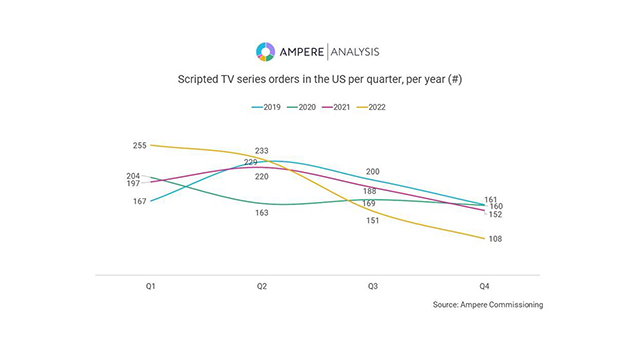Corporate directors nationwide may need to pay greater attention to the concerns of workers as a flurry of strikes by irate employees are impacting companies in several industries. Strikes by autoworkers at Ford, General Motors and Stellantis, healthcare workers at Kaiser Permanente and culinary workers at casinos in Las Vegas have made headlines recently in their attempts to get higher pay and improved conditions. As companies come to grips with what industry analysts describe as worker shortages, boards will be challenged to determine the true state of the company’s relationship with its workforce and what its workforce of the future will look like.
Workers are striking primarily because they feel that their salaries are not keeping pace with inflation and the cost of living. They are also fighting for workplace concessions such as working from home, safety improvements and education and retraining programs to keep up with technology. Shareholders understand that the companies they invest in need a strong workforce to generate sustainable profits. The board’s understanding of human capital management may come under greater scrutiny in the coming months.
Institutional investors may turn their attention to voting against corporate board members who consistently vote to increase compensation for top executives but fail to compensate employees fairly. Fears of a recession have not gone away, and if investors see some directors are willing to sign off on worker layoffs, but refuse to rein in executive compensation, they may decide to act. Firing workers in what many say is a climate of worker shortages might wind up getting some directors fired.
Workforce Development Matters
It might be time for many corporate boards to consider having an honest discussion about the number of employees and the type skills they will need to operate their business model efficiently for the next five years. How would a prolonged recession affect the plans for their workforce? Based on current projections, will the company need to add or cut workers over the next five years? How will the company recruit new workers if they are needed? How would the company handle a strike or work stoppage? These are some of the issues that might need consideration. Companies could also:
Talk to employee groups.Employees don’t go on strike without warning. Whether it comes from unions or employee affinity groups, top executives are generally informed of employee requests for change. Management will likely deal with workers first, but corporate boards should monitor those discussions and be prepared to offer assistance in averting employee actions.
Talk to institutional investors.If necessary, corporate boards may need to simply communicate how the company intends to deal with concerns about workforce issues in private conversations with institutional investors. These talks will also let board members know if their largest investors may vote against them when up for re-election.
Keep pace with industry standards.Corporate boards should make sure that employee salaries and any industry safety standards are equal to or exceed their peers. It will be more difficult for investors to claim the company is not operating in good faith if they are doing as much or more than their industry peers.
The post Strikes Make Worker Issues A Topic For The Boardroom appeared first on ChiefExecutive.net.
























































![Key Metrics for Social Media Marketing [Infographic] Key Metrics for Social Media Marketing [Infographic]](https://www.socialmediatoday.com/imgproxy/nP1lliSbrTbUmhFV6RdAz9qJZFvsstq3IG6orLUMMls/g:ce/rs:fit:770:435/bG9jYWw6Ly8vZGl2ZWltYWdlL3NvY2lhbF9tZWRpYV9yb2lfaW5vZ3JhcGhpYzIucG5n.webp)
















